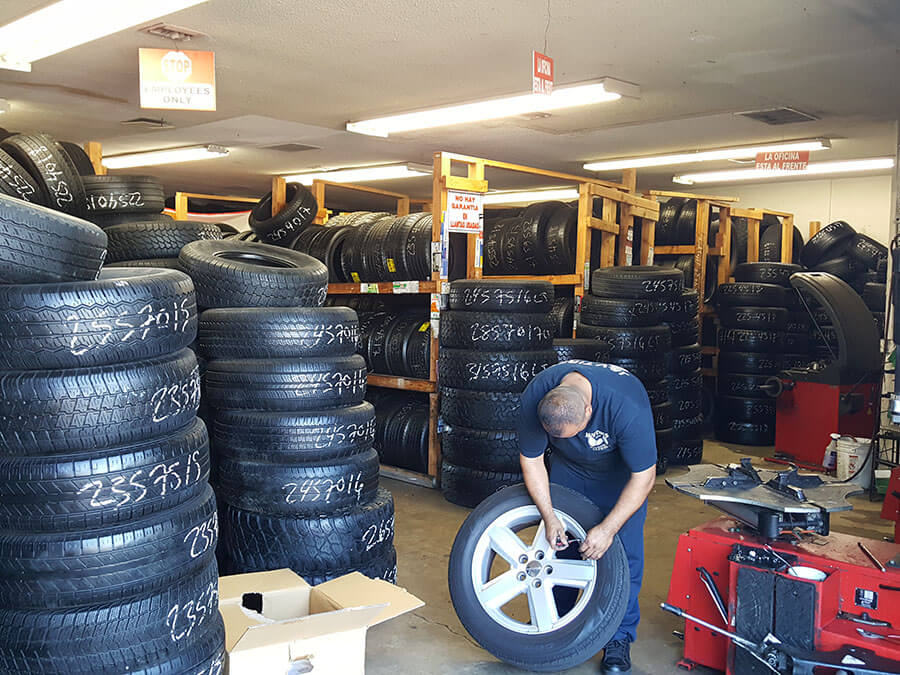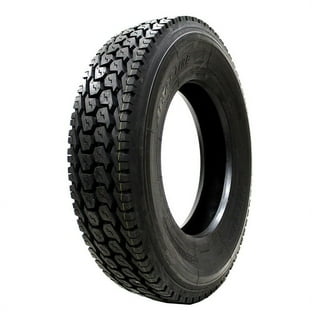Tire Solution: Understanding Tire Stress Surveillance Systems
Understanding Tire Pressure Monitoring Systems (TPMS) is a critical facet of maintaining optimum car performance and safety and security when traveling. With improvements in vehicle technology, TPMS has actually come to be a common attribute in modern-day cars, supplying real-time info on tire pressure levels. Digging deeper right into the ins and outs of TPMS, one can uncover the numerous parts that compose this system and the importance of each in guaranteeing precise surveillance. From direct to indirect TPMS systems, the landscape of tire stress surveillance is varied, each with its unique set of advantages and factors to consider. Stay tuned to unravel the intricacies of TPMS, from upkeep tips to the indisputable advantages of maintaining your tires properly blew up. morris tire and alignment.

Value of TPMS
The significance of Tire Pressure Monitoring Equipments (TPMS) lies in their ability to enhance lorry safety and efficiency with real-time surveillance of tire pressure levels. Maintaining the proper tire pressure is critical for ensuring optimum handling, stopping, and overall safety and security of an automobile. TPMS supplies drivers with prompt comments on any overinflated or underinflated tires, allowing for prompt modifications to be made.
Components of TPMS
Making up numerous important aspects, a Tire Stress Surveillance System (TPMS) functions as a sophisticated safety and security attribute in modern cars. The primary parts of a TPMS include sensing units, a control module, and a warning indication. Sensors are commonly situated in the tire shutoff stem or affixed to the wheel setting up, where they gauge tire stress and transfer data to the control module. If it detects significantly low pressure in any of the tires, the control module procedures this details and causes a caution. The warning sign, commonly an icon on the control panel, signals the driver to examine the damaged tire or tires. Some progressed TPMS models additionally present the real tire stress readings for each tire, providing drivers with real-time details to make certain optimum tire efficiency and safety and security. By monitoring tire stress continually, TPMS assists avoid mishaps, decreases tire wear, and boosts gas efficiency, making it a critical component for lorry safety and security and performance.
Sorts Of TPMS

On the various other hand, indirect TPMS counts on the vehicle's wheel speed sensing units to keep track of tire pressure. This system check out here identifies underinflation by comparing the rotational speeds of the wheels. Indirect TPMS is less costly than direct TPMS, as it uses existing sensors within the automobile.
While straight TPMS offers much more precise analyses, indirect TPMS is easier in layout and typically needs much less upkeep. Both systems have their constraints and benefits, and the selection in between them frequently relies on aspects such as price, lorry make, and personal preference. Comprehending the distinctions in between these 2 types of TPMS can help lorry proprietors make notified choices relating to tire maintenance and safety.
TPMS Maintenance Tips
Conduct routine checks on the tire stress levels and contrast them with the TPMS analyses to guarantee they are regular. Throughout tire turning or substitute, make sure that the TPMS elements are handled very carefully to protect against any kind of potential damage. If the TPMS cautioning light illuminates on the dashboard, deal with the problem promptly by checking the tire pressures and the overall system for any faults.
Benefits of Proper Tire Pressure
Maintaining appropriate tire stress, as emphasized in TPMS Upkeep Tips, is important for reaping the various advantages associated with optimal tire stress levels. Furthermore, correct tire pressure makes certain even tire wear, expanding the life-span of the tires and his response promoting safer driving problems. In conclusion, the advantages of correct tire pressure go beyond just tire durability; they incorporate enhanced gas efficiency, enhanced security, far better vehicle efficiency, and overall driving comfort.
Verdict
In conclusion, recognizing tire stress monitoring systems (TPMS) is critical for maintaining optimal tire pressure and ensuring car safety and security. By recognizing the importance of TPMS, being familiar with its components, knowing the different types readily available, sticking to correct upkeep ideas, and understanding the advantages of keeping correct tire stress, chauffeurs can enhance their driving experience and prolong the life-span of their tires. Proper tire stress is vital to reliable and secure automobile procedure.

Comments on “Obtain Expert Tire Provider at Tire Shop Morris: Satisfaction Assured”